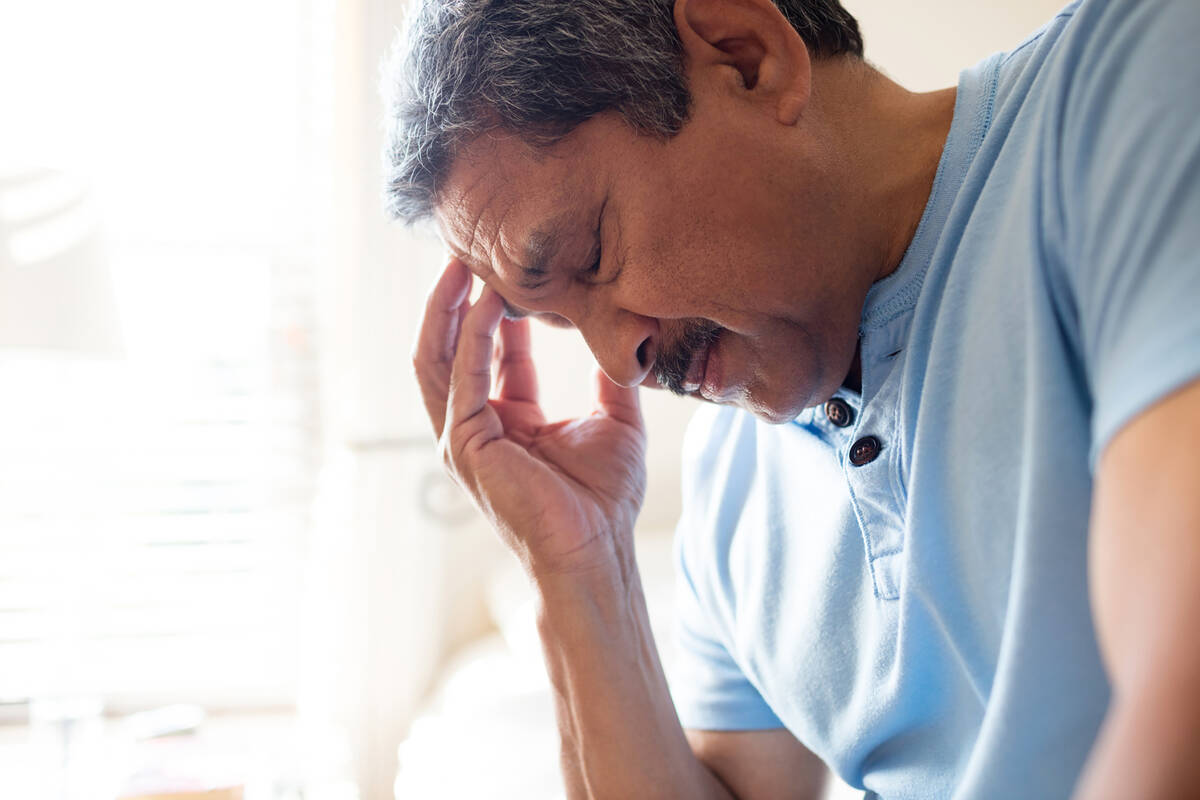What are the signs of stroke? Here are some that most people miss
Every year, almost 800,000 people have a stroke, according to the Centers for Disease Control and Prevention. And in 2021, 1 in 6 cardiovascular-related deaths was from a stroke.
In other words, strokes are common. But in many cases, getting help right away can help you avoid permanent stroke-related damage or death. While there are certain signs you might automatically associate with a stroke (like facial drooping and arm weakness), there are also some lesser-known signs to know about.
Stroke symptoms typically come on very suddenly, and time is of the essence when you’re having one — so here’s everything you need to know about the signs of stroke, including unexpected ones that most people miss.
Unexpected sign most people miss
Dr. Richard Benson, vascular neurologist and director of the National Institutes of Health’s Office of Global Health and Health Disparities, says trouble balancing or walking could be indicative of a stroke.
“While about 70 percent of all strokes can be recognized using the FAST acronym (face drooping, arm weakness, speech difficulty, time to call 911 immediately), you should also watch for other unexpected warning signs, like trouble walking or balancing.”
There are other lesser-known signs to know about, too. “Other stroke danger signs to watch for can include blurry vision, sudden severe headaches, drowsiness and nausea or vomiting,” Benson says. “Paying attention to these early symptoms of a stroke can save your life or the life of someone you love.”
Knowing your risk for a stroke can be helpful, too, as that can help you pay closer attention to certain signs. According to the CDC, the top risk factors for a stroke include high blood pressure, high cholesterol, heart disease, diabetes, obesity and sickle cell disease.
Age should also be taken into account, as the risk of stroke doubles after age 55. Gender is an important factor, too, as strokes are more common in women than men. Family history should also be taken into consideration.
How to prevent a stroke
When it comes to strokes, early detection is key. As Benson mentioned, knowing the signs of a stroke, even the lesser-known signs, can save your life or the life of someone you love.
Benson’s tips for lowering your risk include:
Treating high blood pressure: “Keeping your blood pressure under control is the most important thing you can do to avoid stroke,” he says.
Managing diabetes: “Diabetes causes destructive changes in the blood vessels in the brain, increasing your risk for stroke,” Benson says.
Treating high cholesterol: “Too much cholesterol in your blood can build up on artery walls, putting you at risk for stroke,” Benson notes.
Quitting smoking: “Cigarette smoking can double your risk of stroke by damaging blood vessels or causing them to narrow and thicken,” Benson says, noting that it’s a good idea to avoid any kind of tobacco.
Eating right: “A diet rich in fruits and vegetables and low in sodium and saturated fat can improve your health,” the doctor says.
Exercising regularly: “Obesity and physical inactivity contribute to high blood pressure, diabetes and high cholesterol,” Benson says.
While strokes are common and can be life-threatening, there’s a lot you can do to prevent them. And knowing the signs and seeking medical attention immediately can go a long way. If you suspect you are having a stroke, it is important to seek medical attention immediately.













